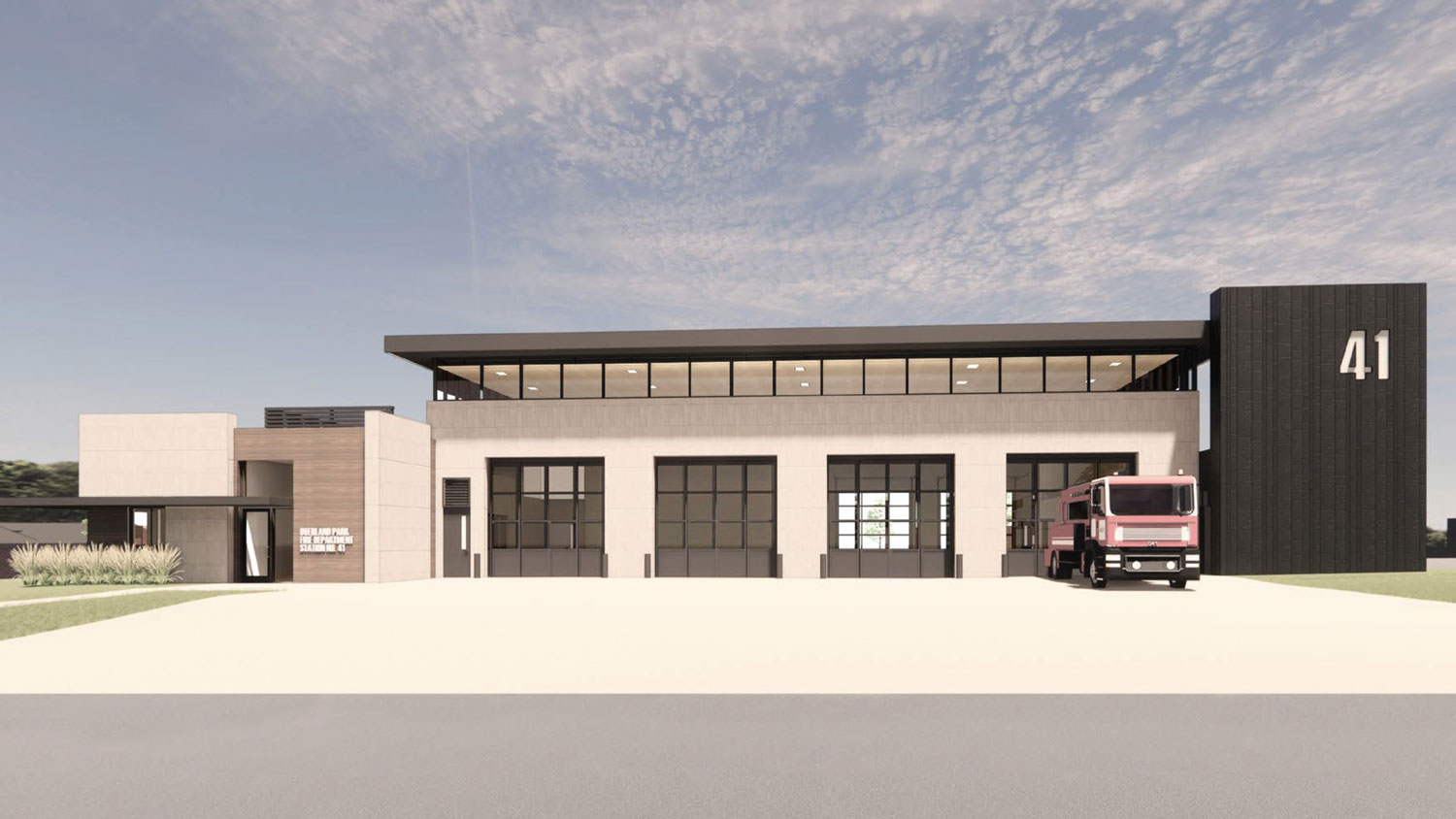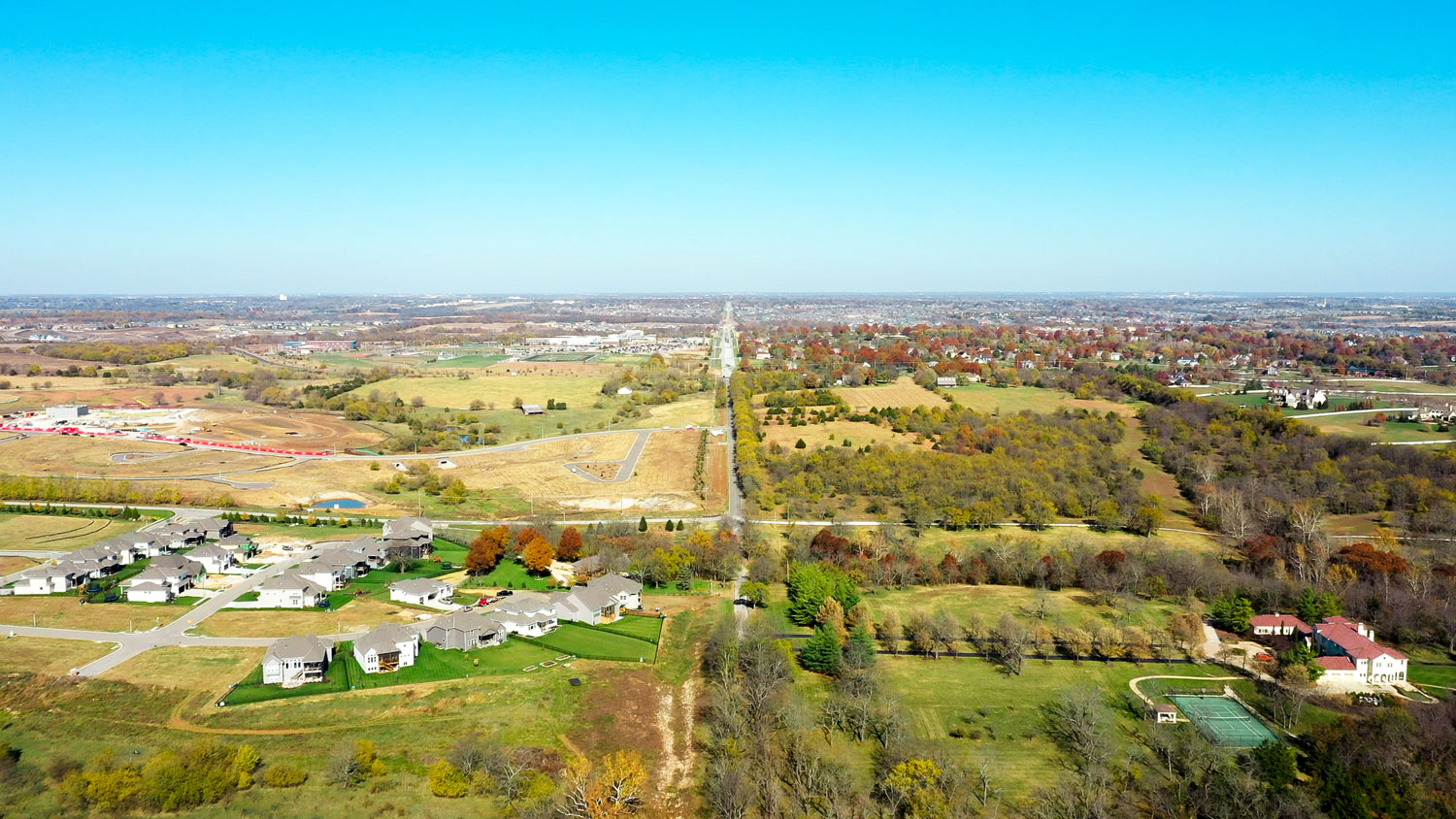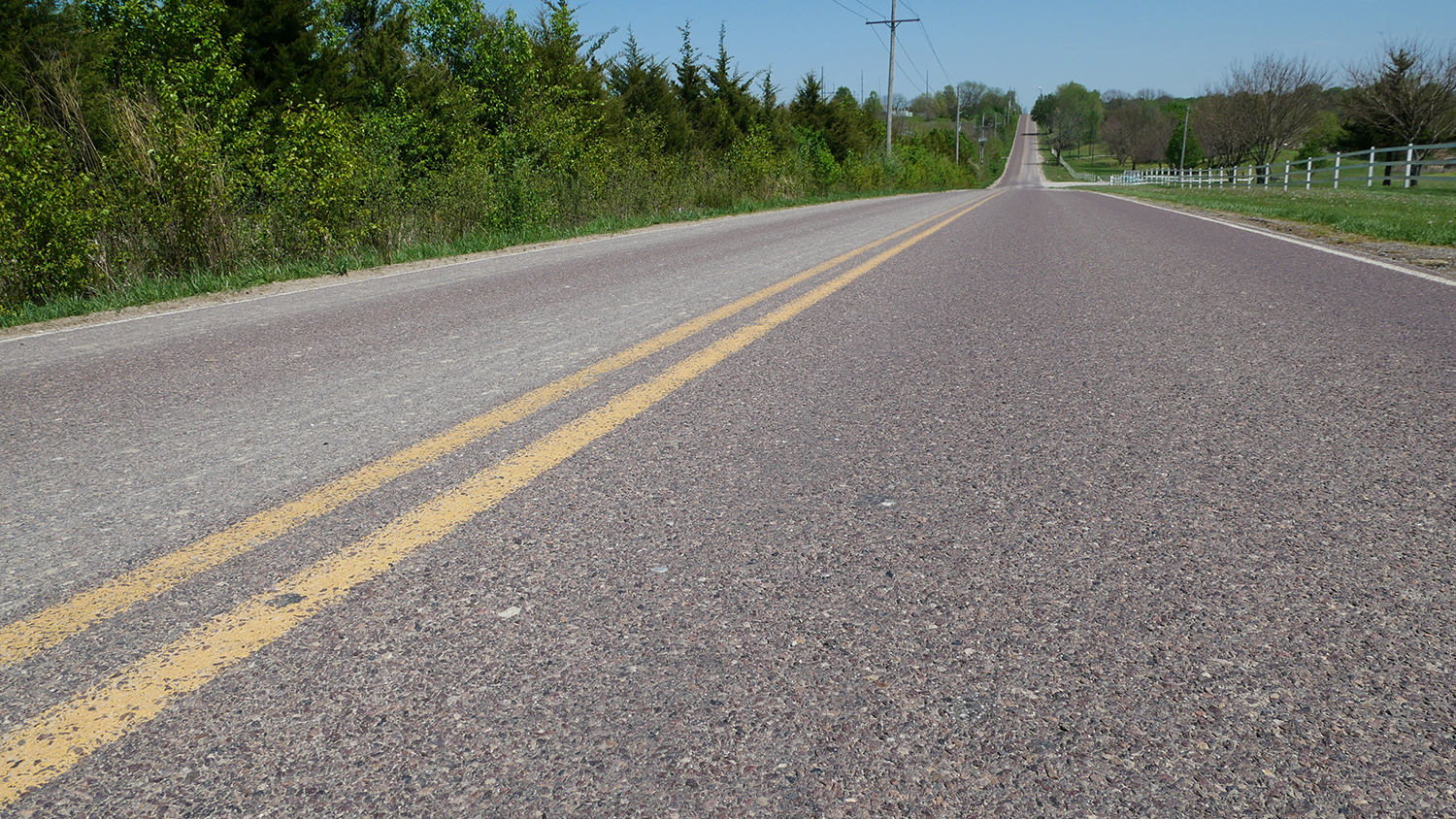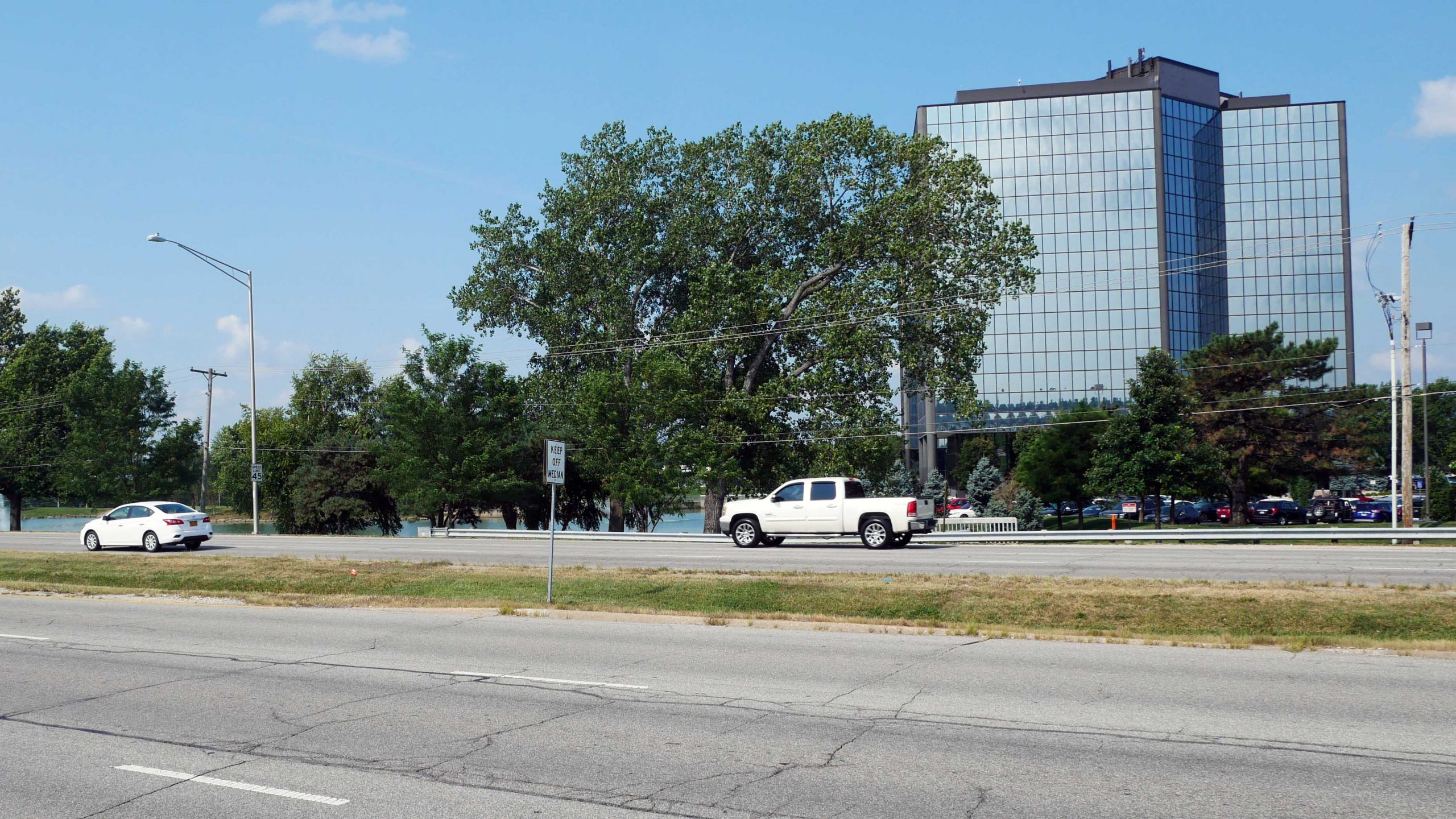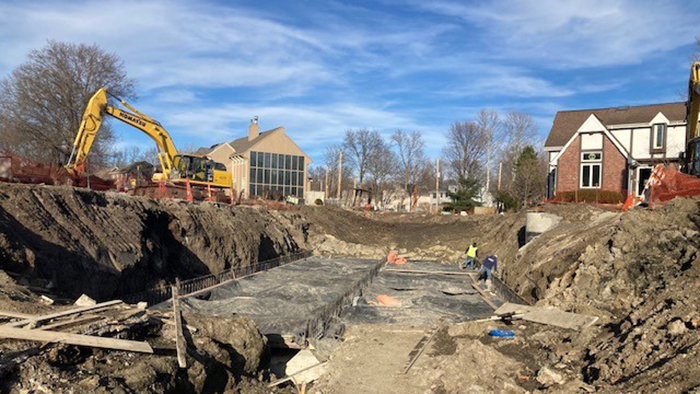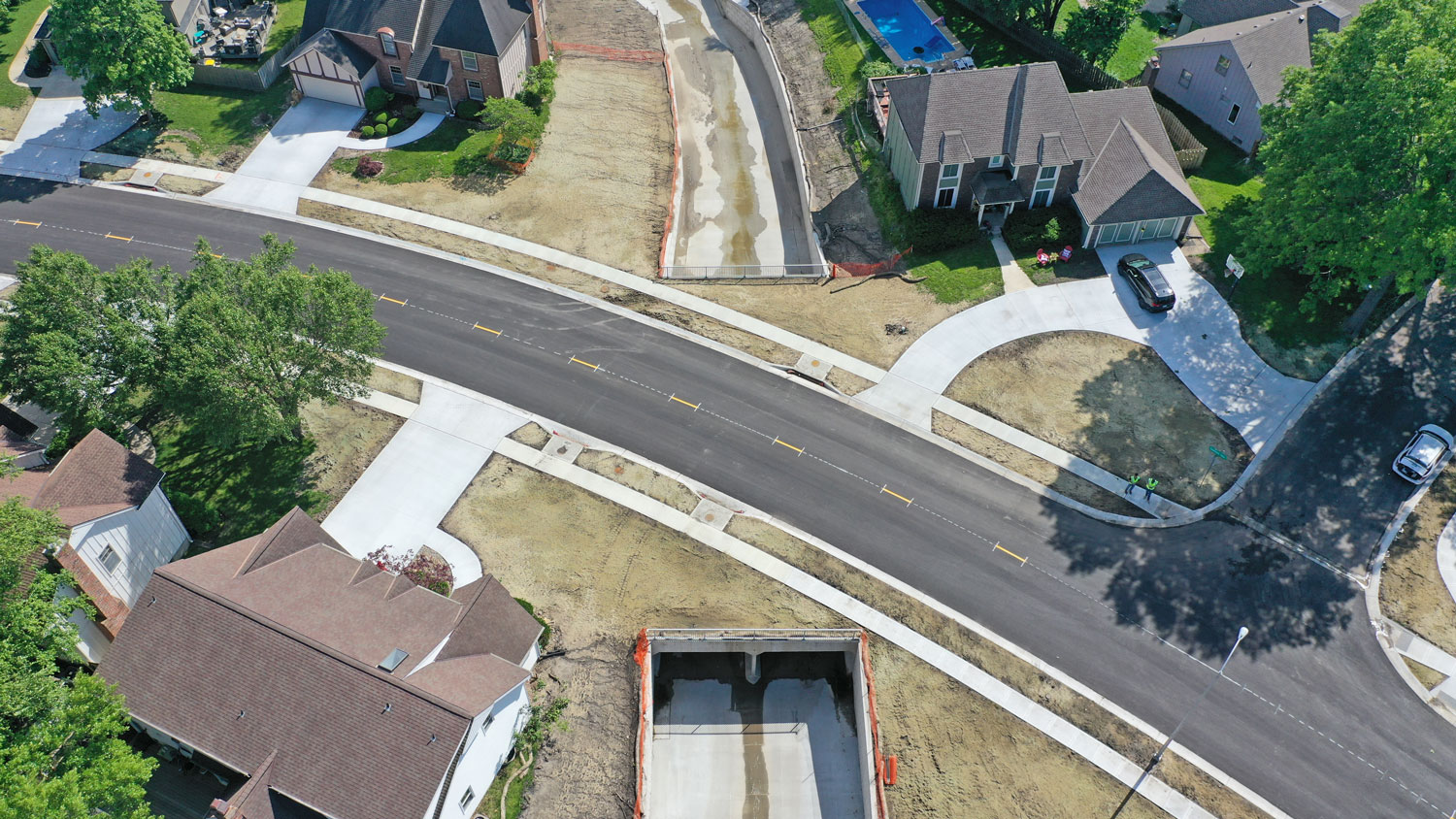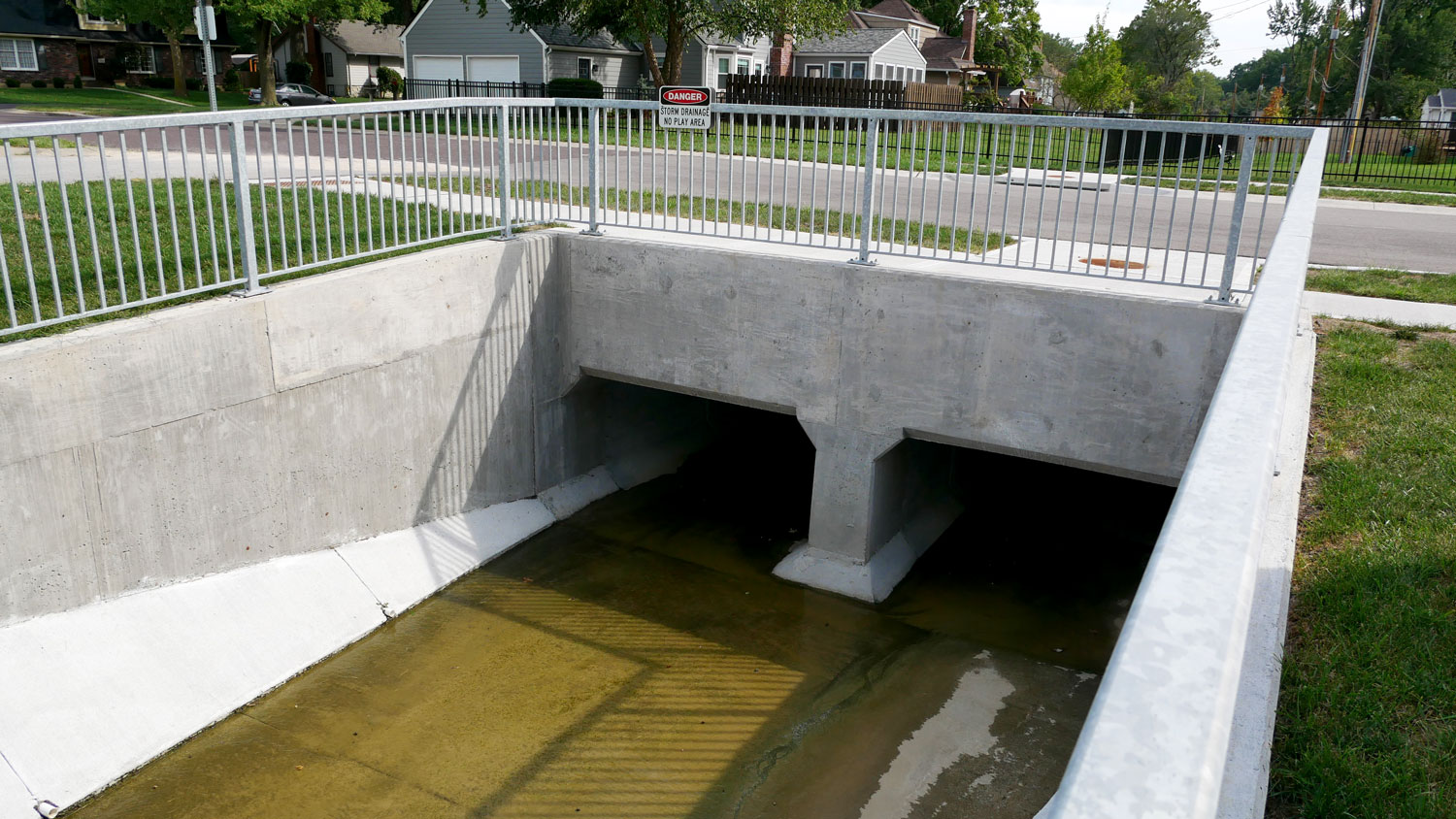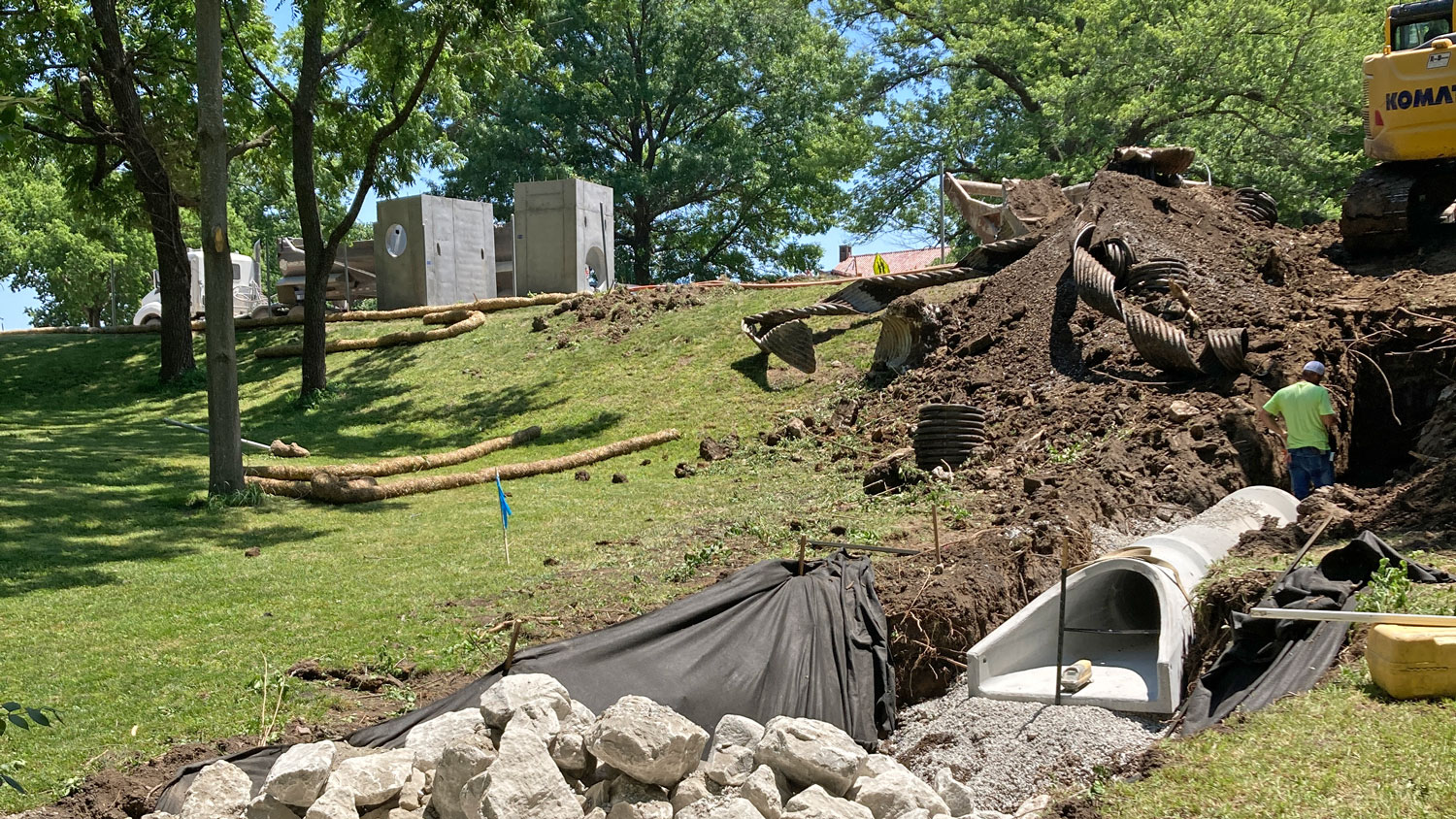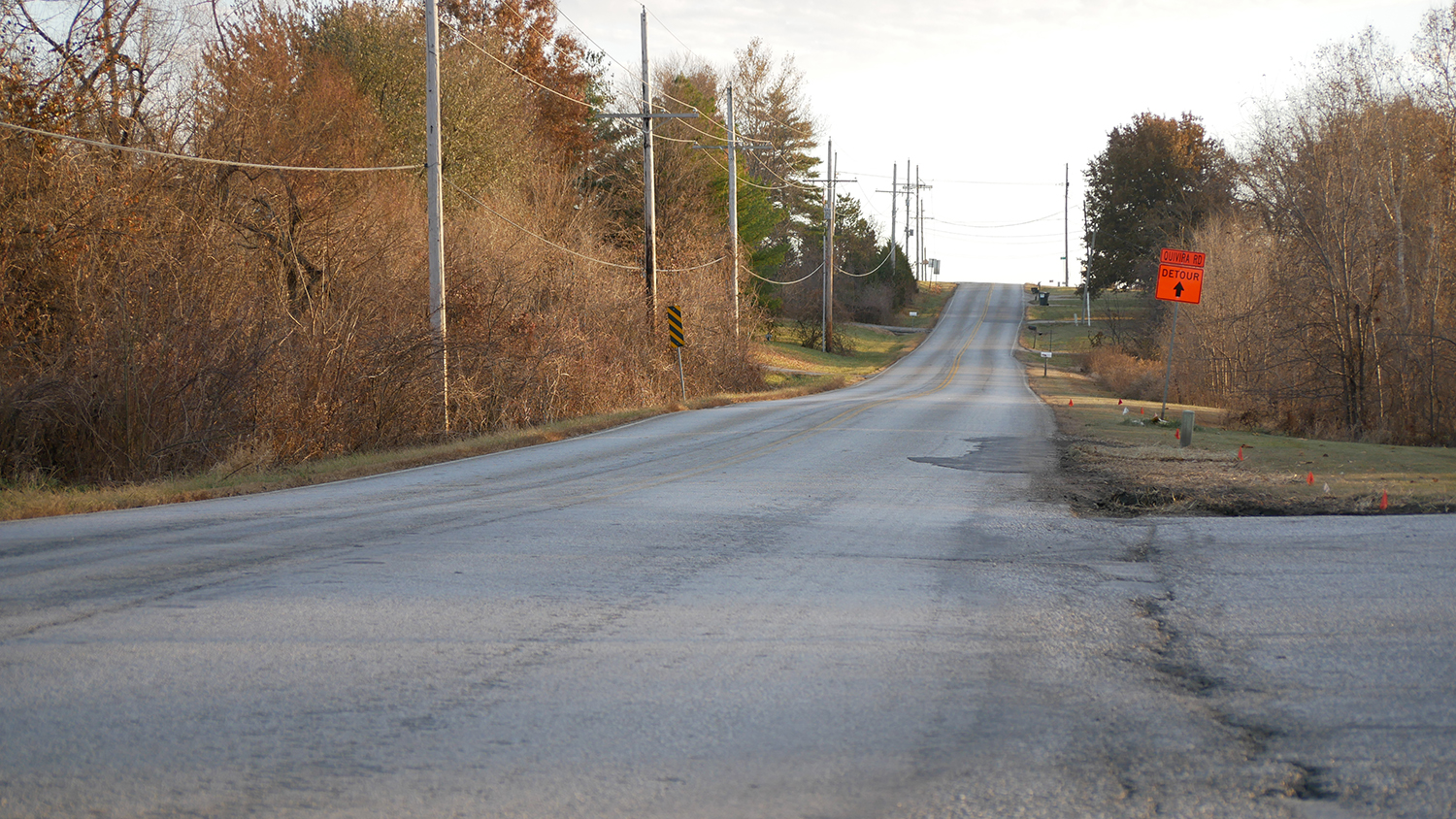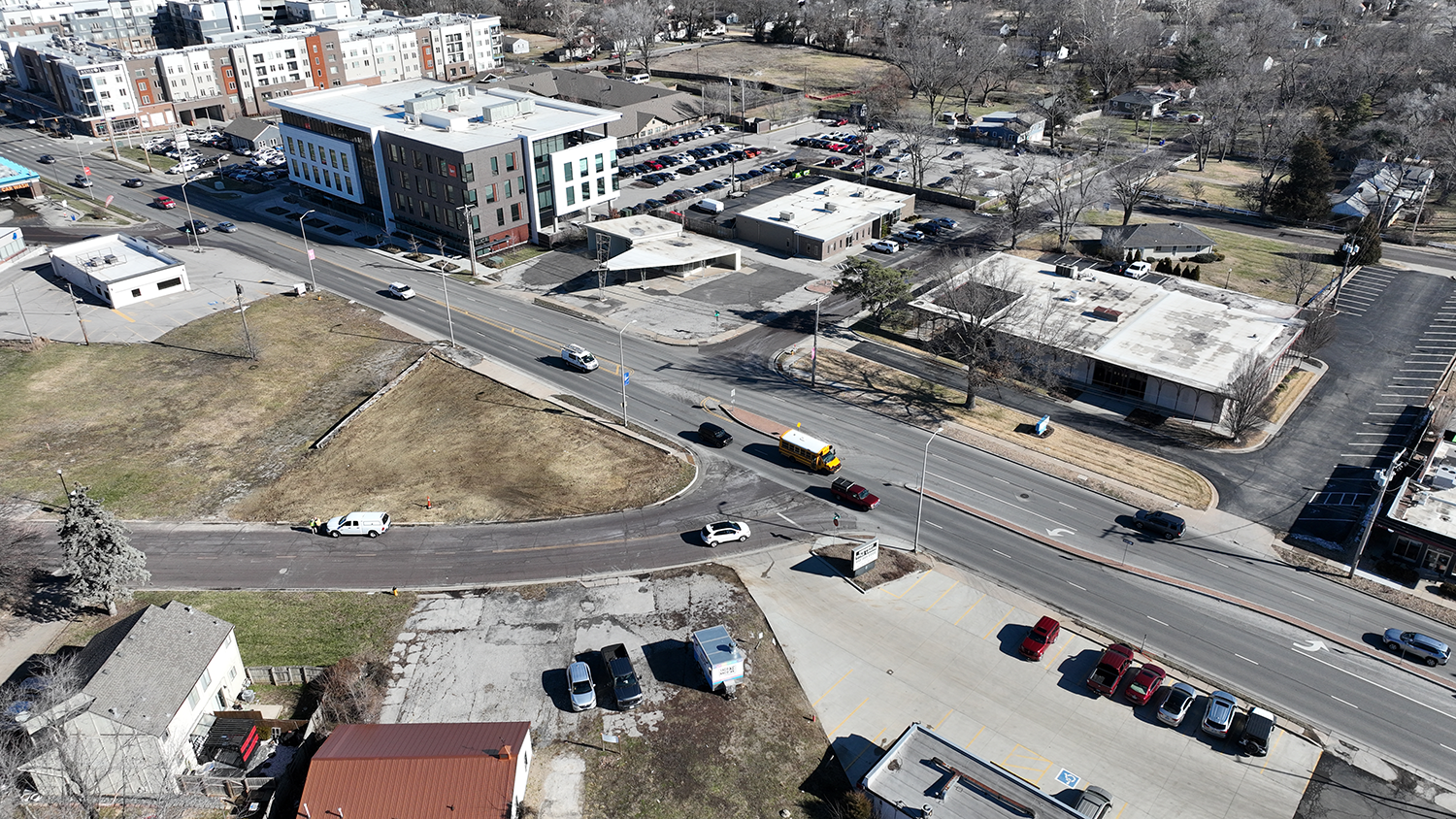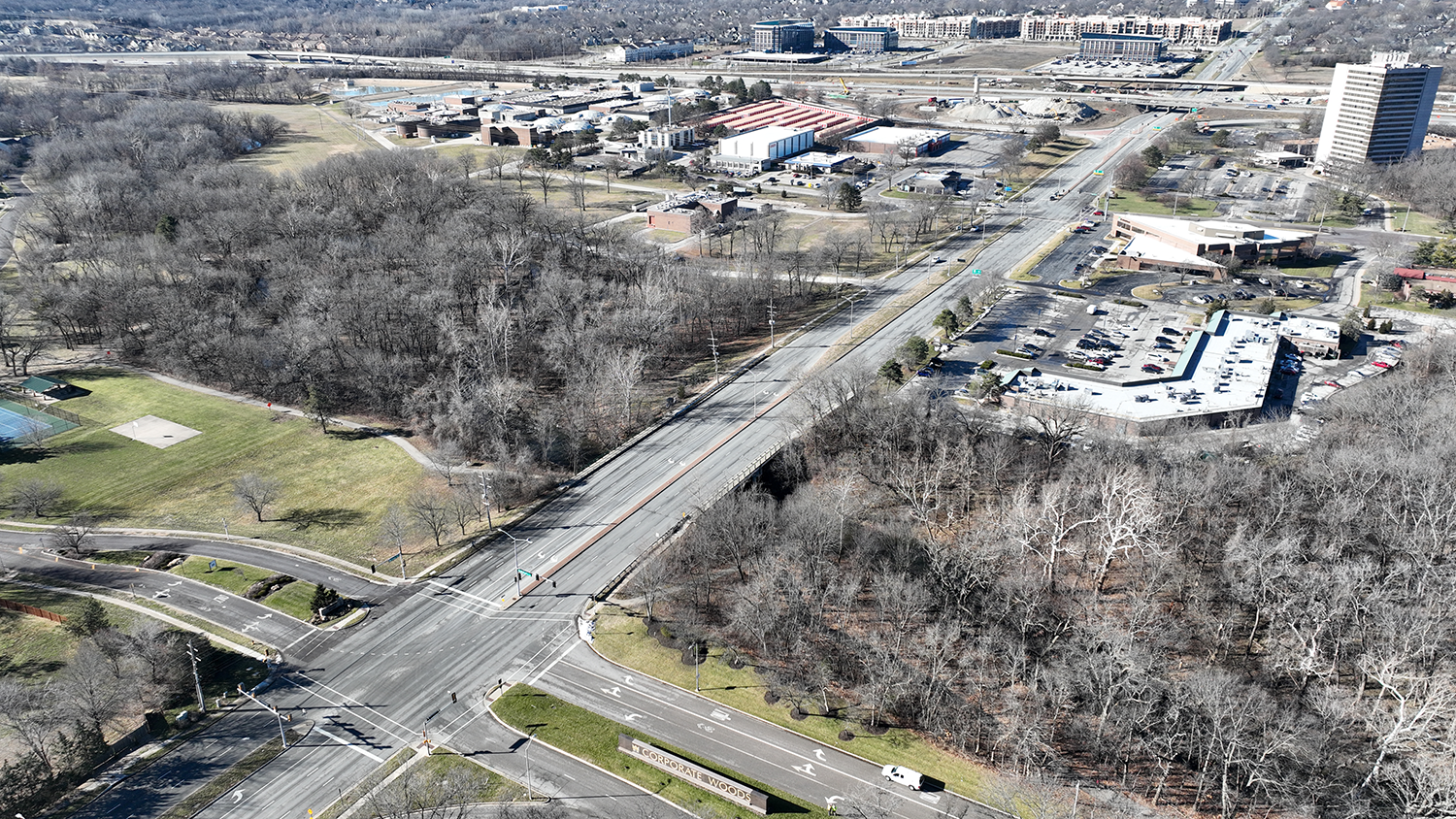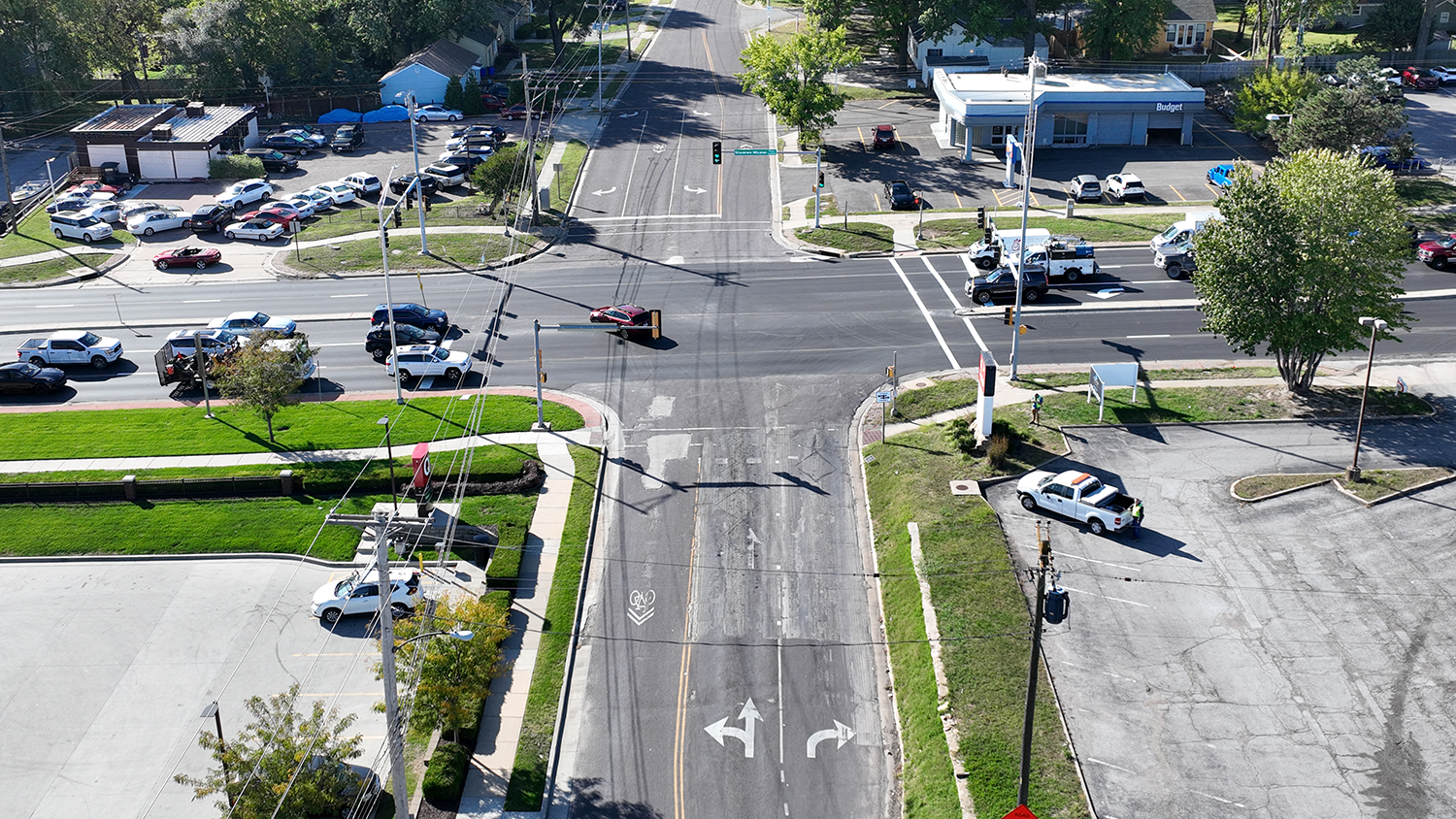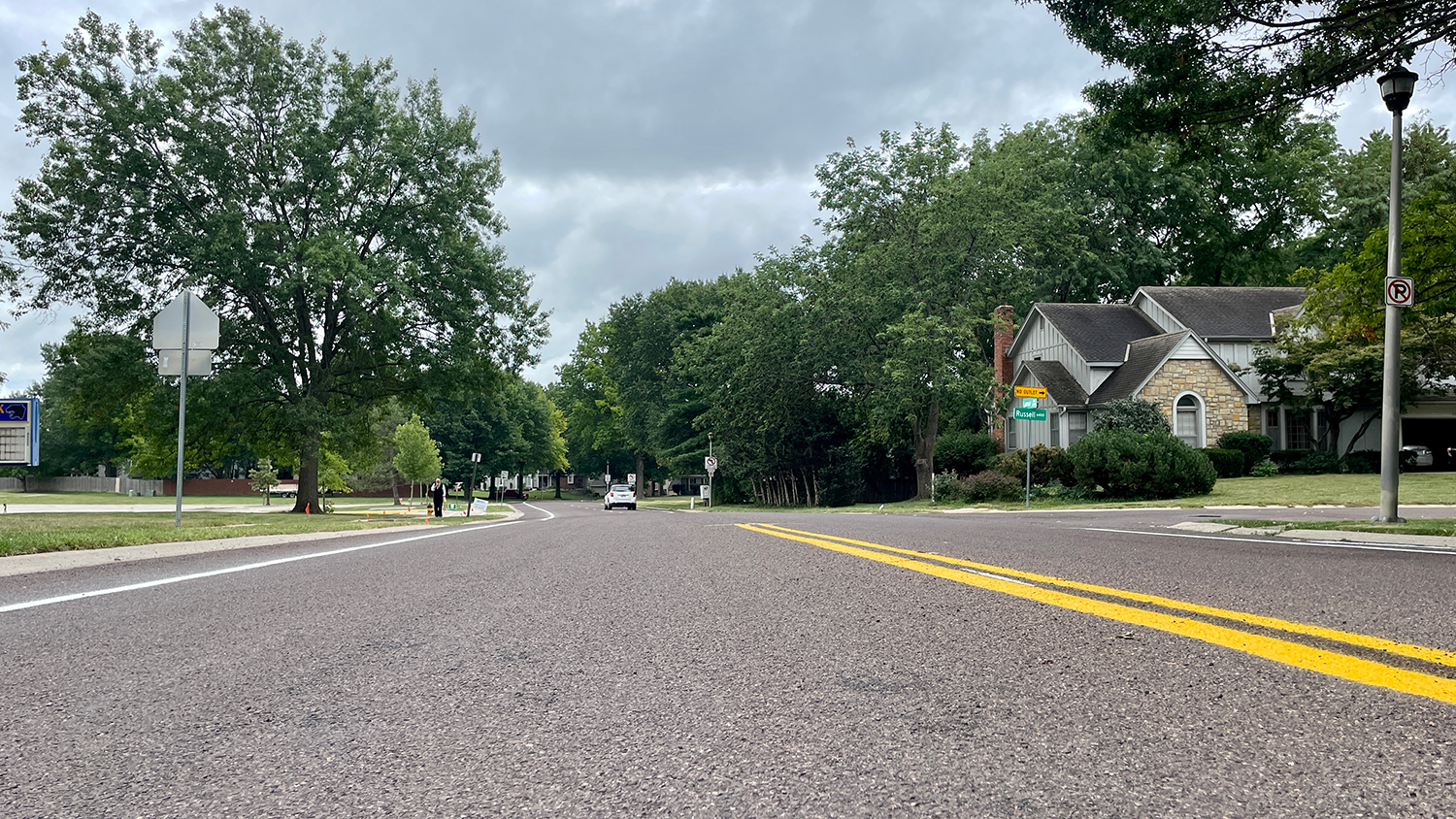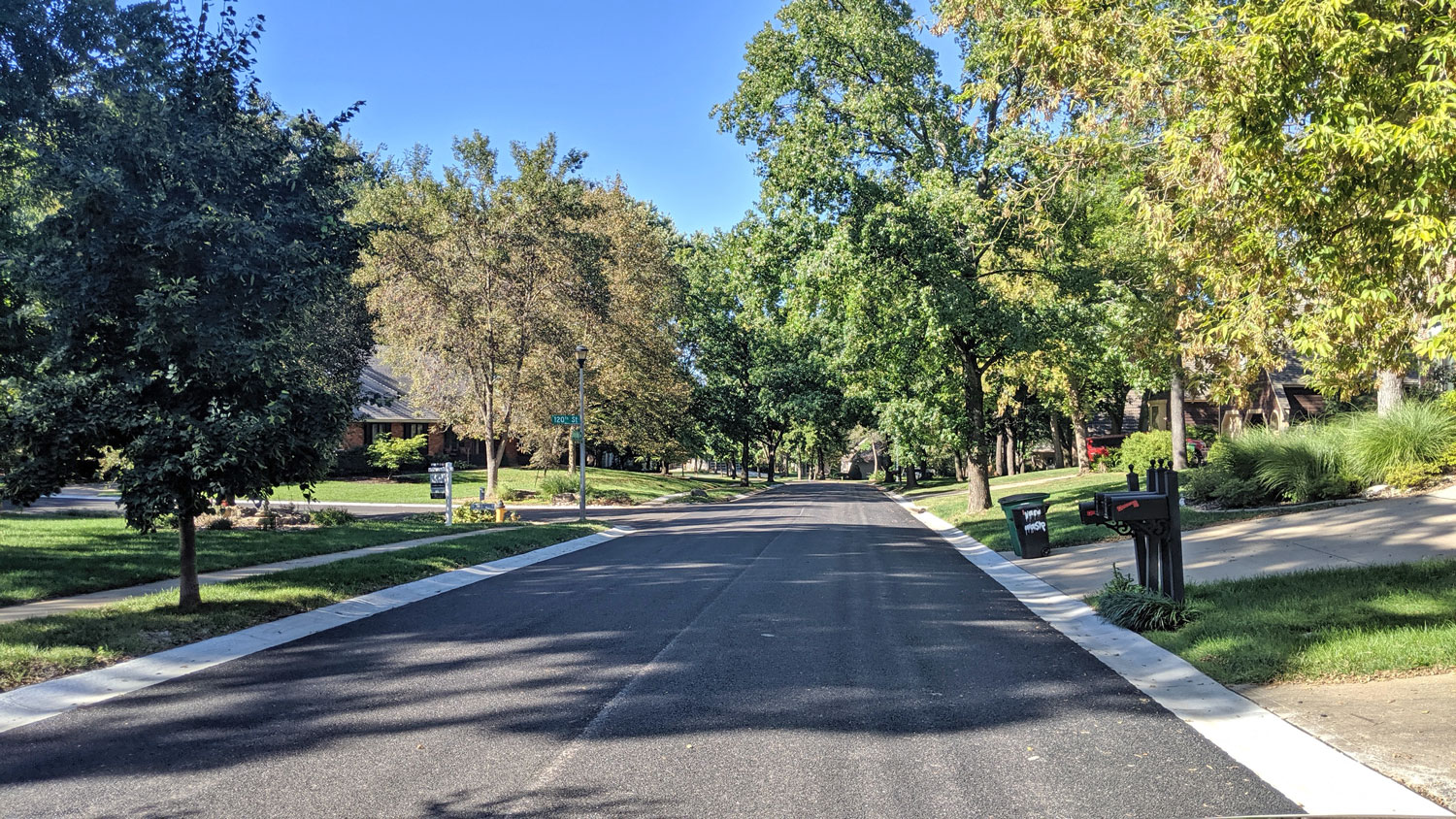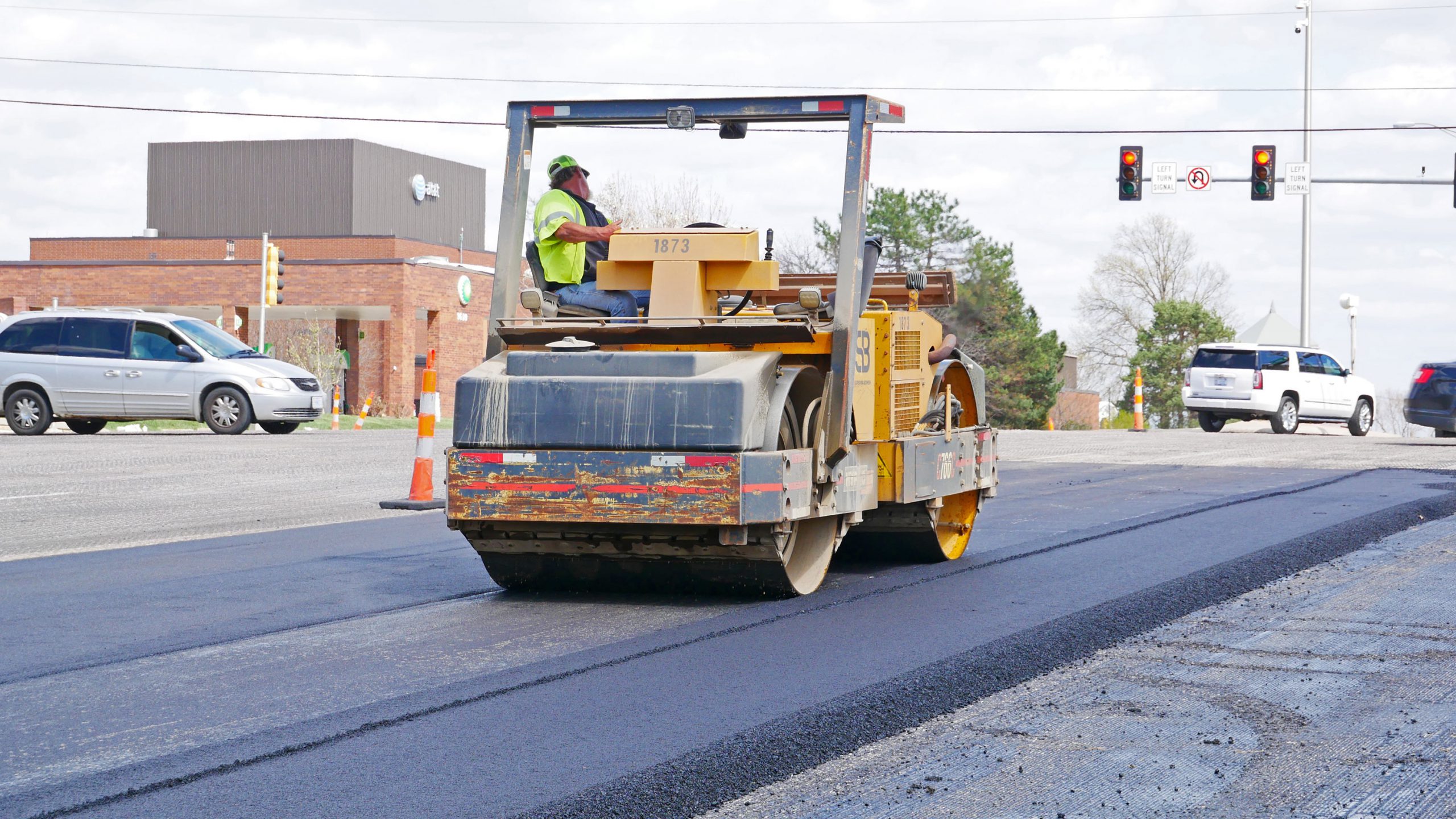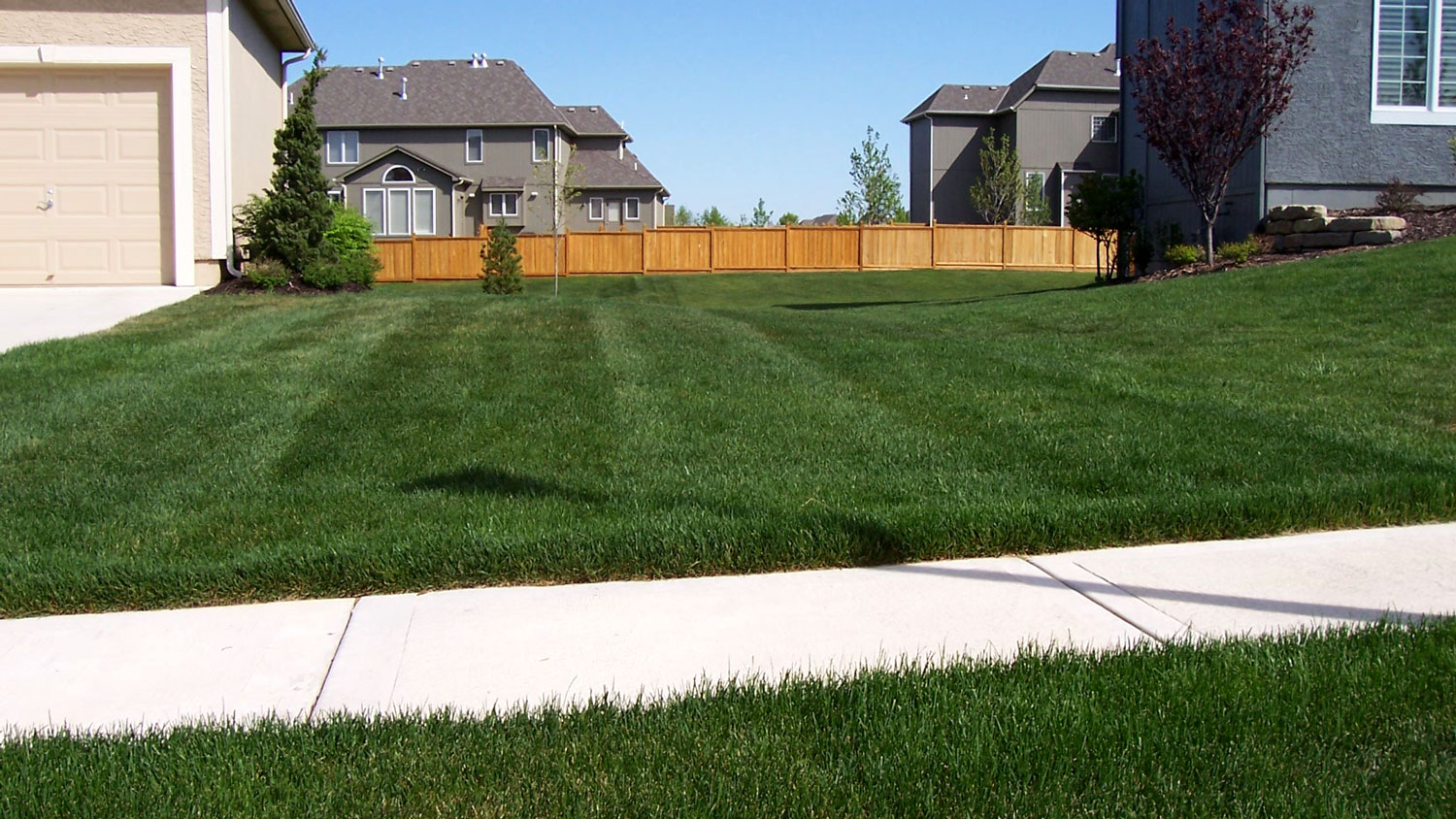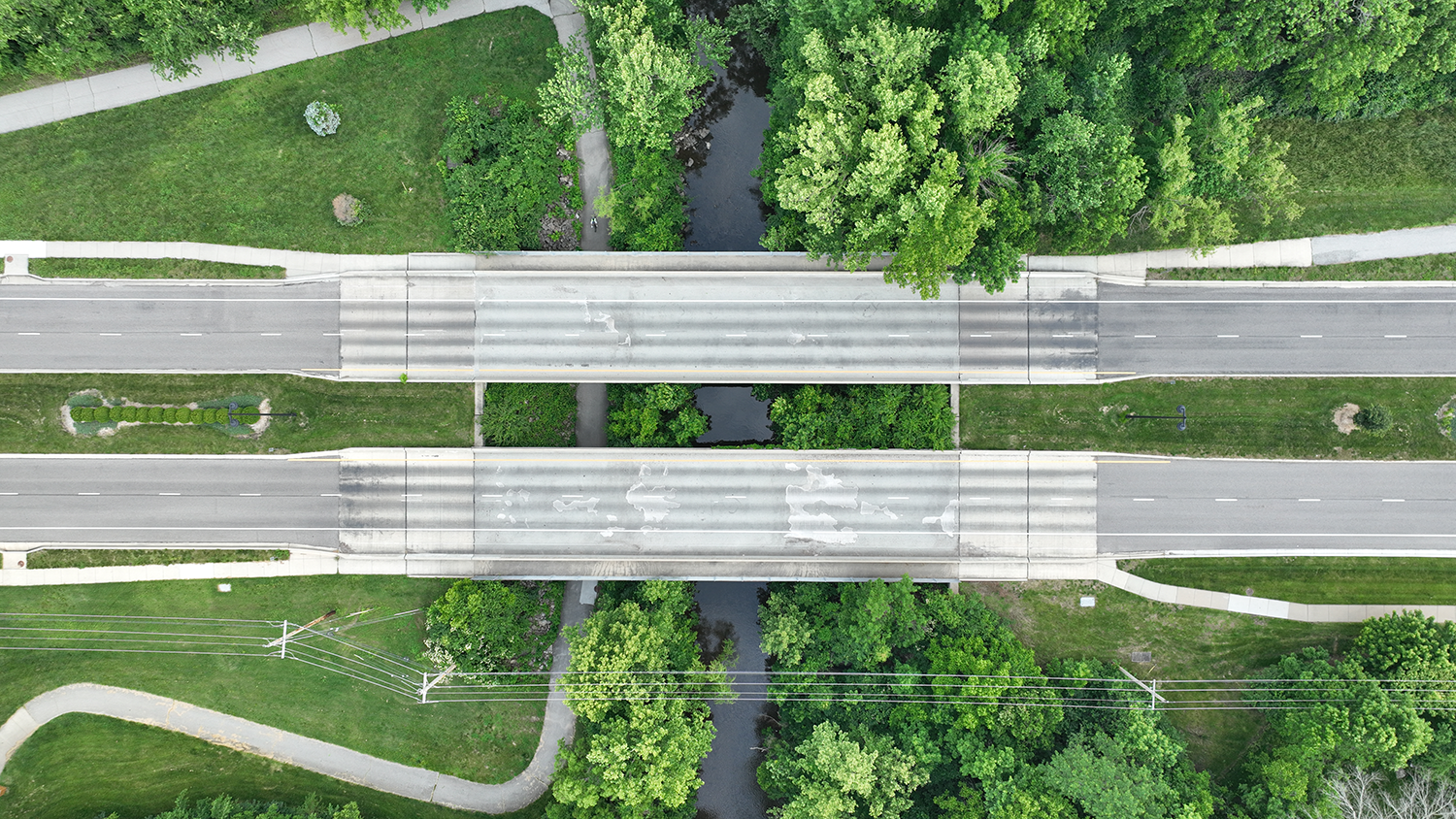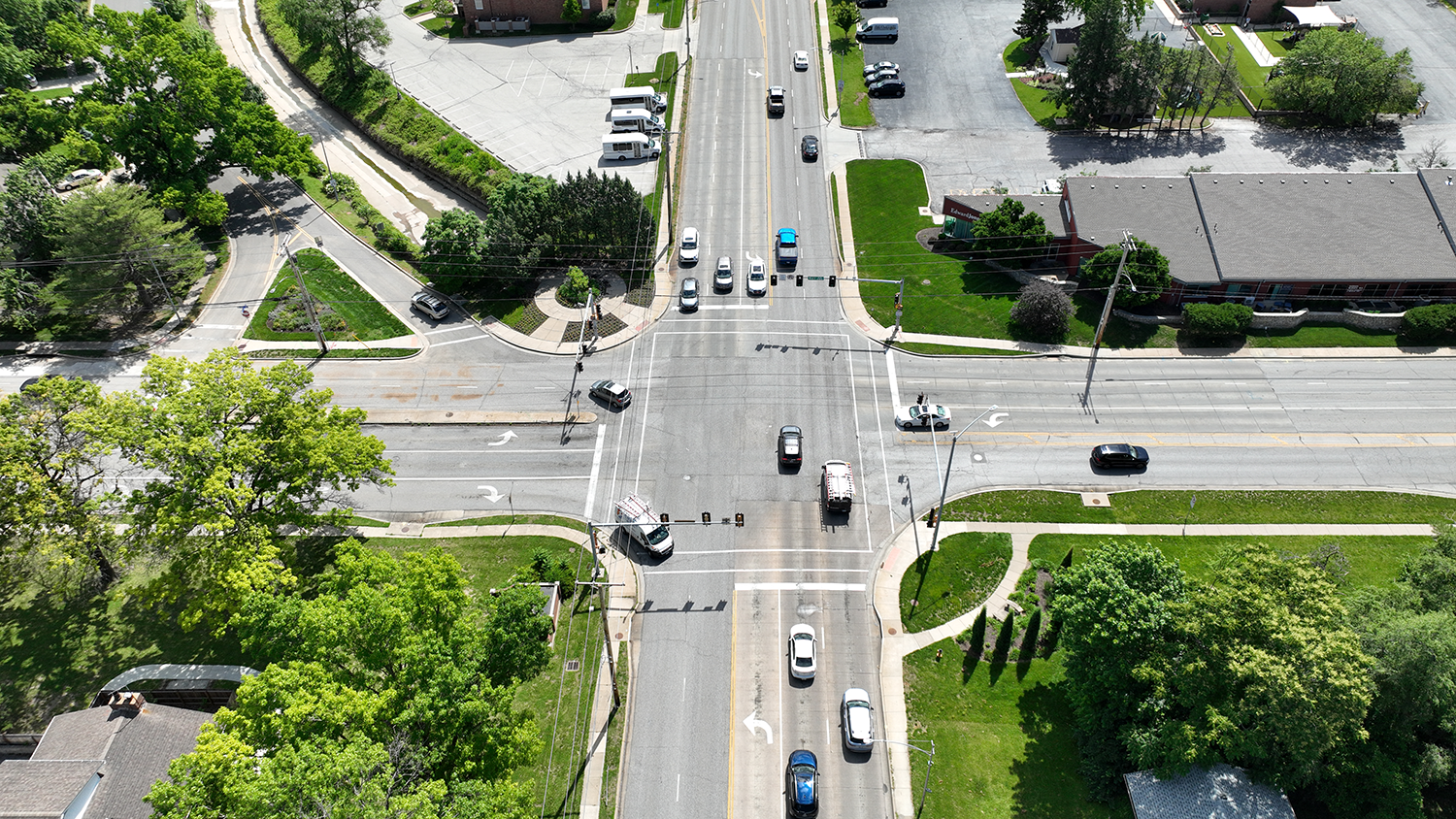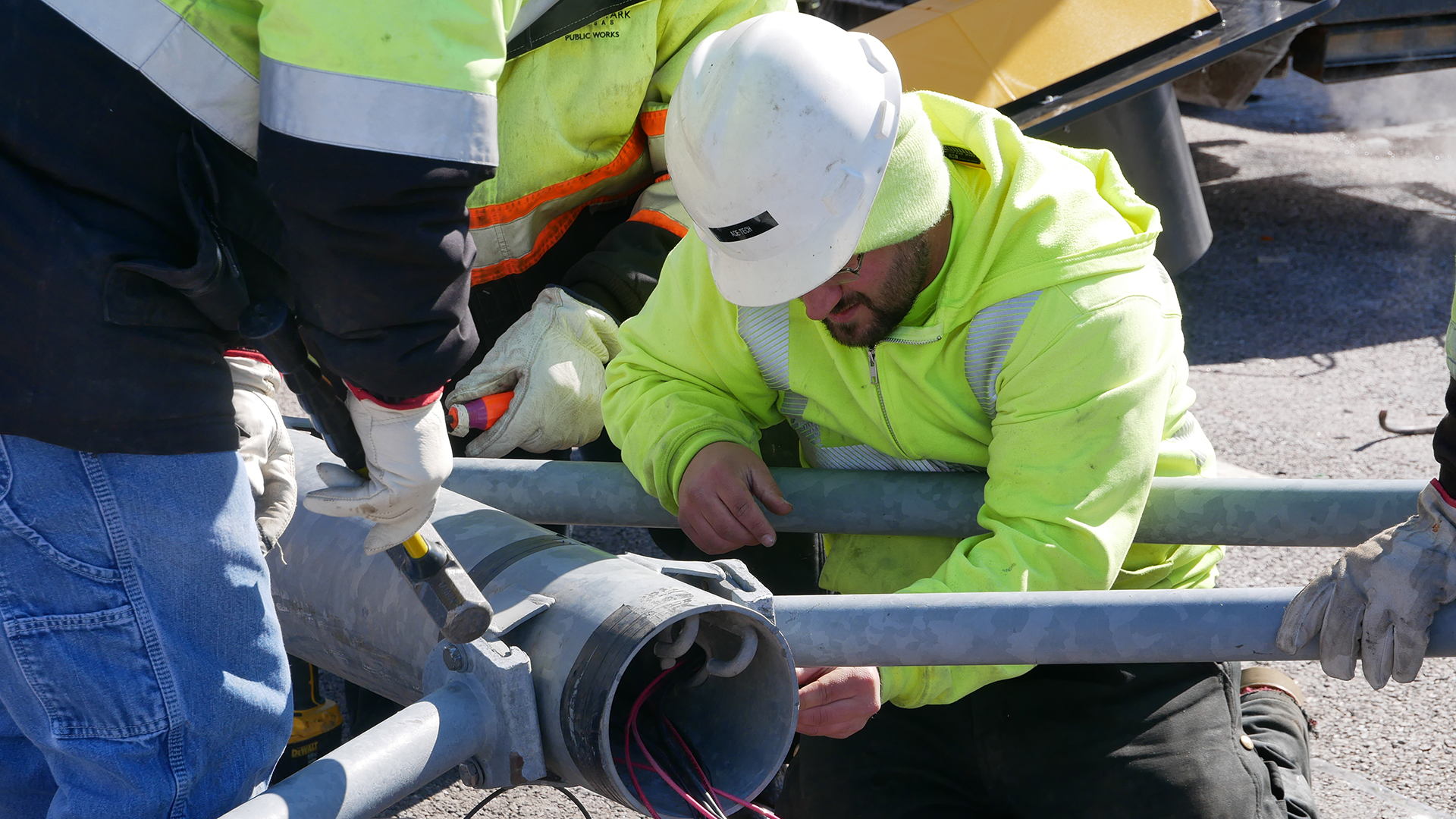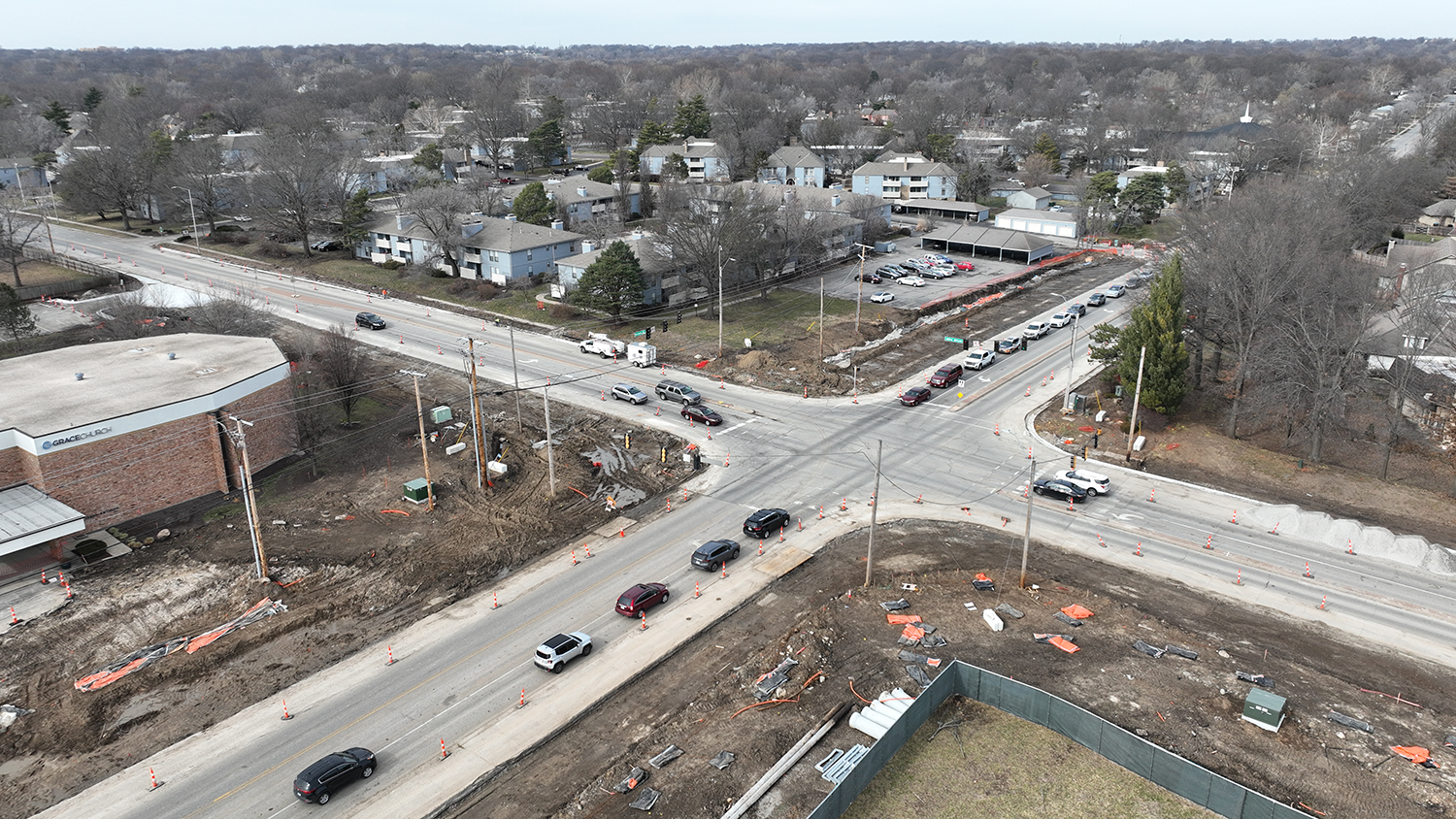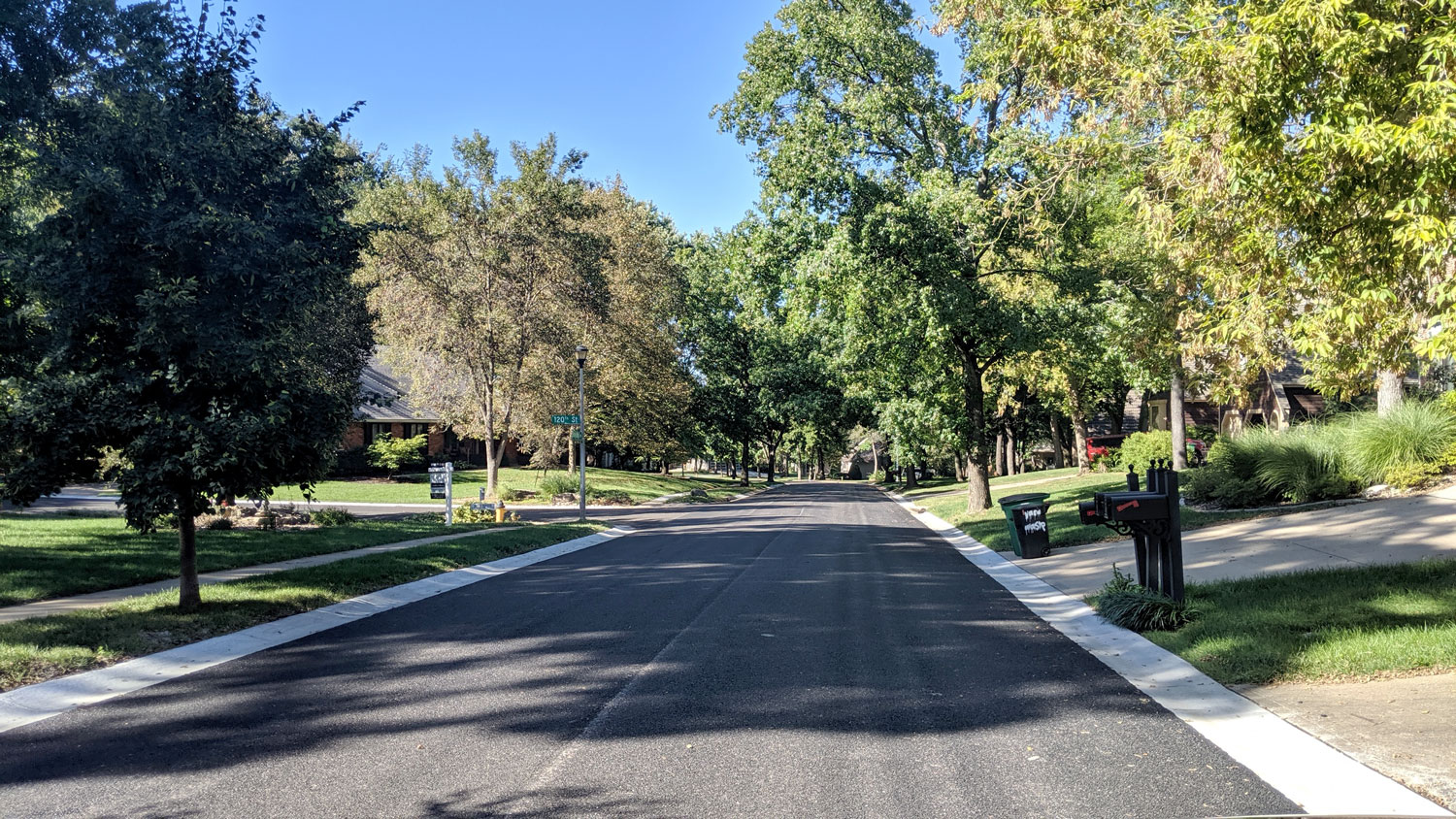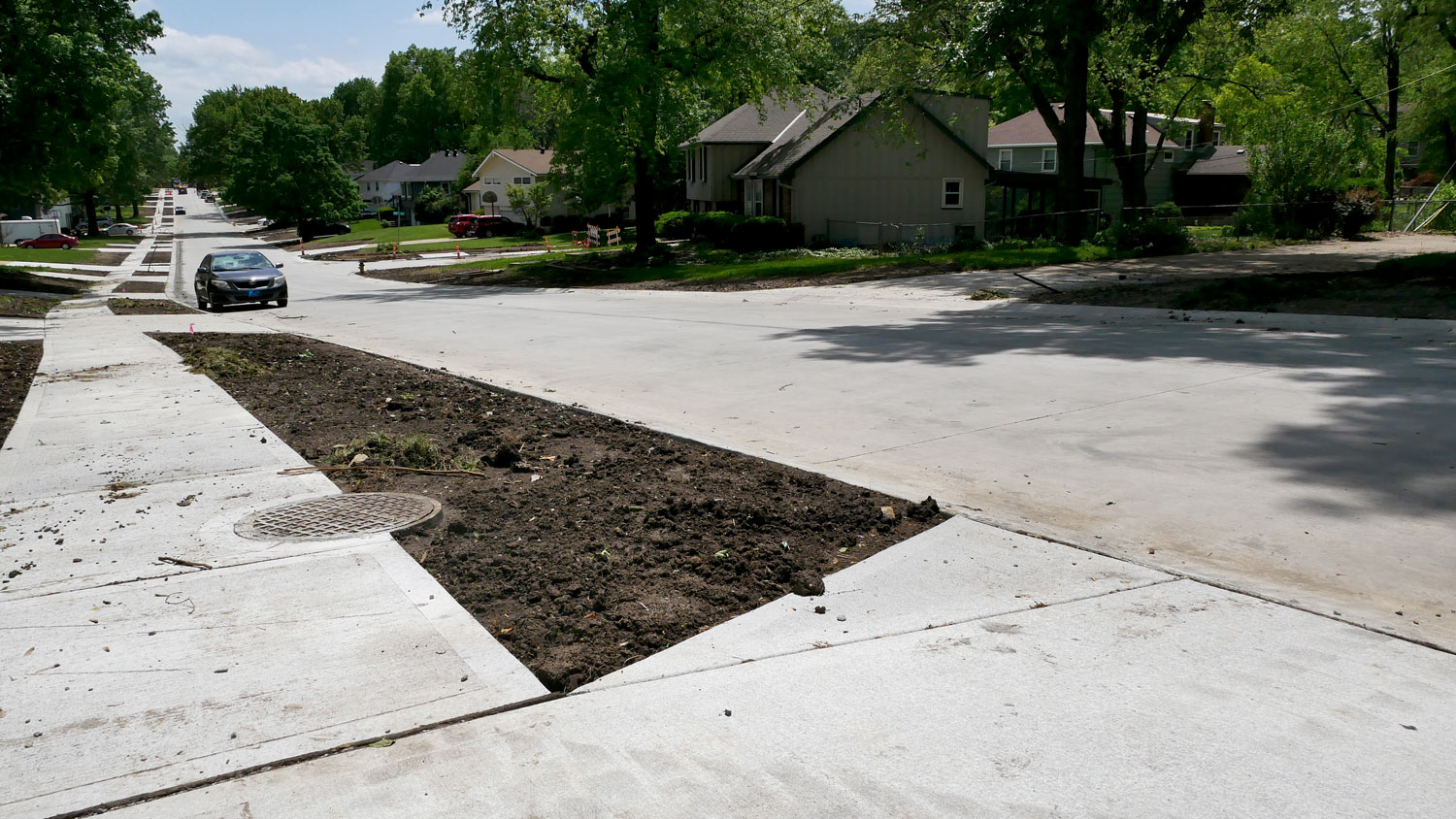Metcalf Avenue, 91st to 99th Street
This project includes improvements to Metcalf, including a mill and overlay, raised medians with landscaping and irrigation, curbs and gutters and new storm sewer improvements. Overhead power lines will be buried and new decorative traffic signals and street lighting will be installed. Street lights may be turned off as they are replaced throughout the project.
These improvements consider and address safety, access for local drivers during construction, impacts to adjacent property and existing utilities, stormwater drainage and more.
Schedule: The City acquired easements and scheduled utility relocations in 2022 and 2023. The contractor is building traffic signals at 91st Street, 93rd Street, 97th Street and 99th Street intersections in spring 2024. This project is expected to be completed in November of 2024.
Community Engagement: The City held three public meetings in preparation for the project.
Lane Closures: The outside lanes of northbound and southbound Metcalf Avenue will be closed between 91st Street and 99th Street from December 4, 2023-September 30, 2024.
Pedestrians should use crosswalks at 89th Street or 103rd Street to cross Metcalf Avenue. Crosswalks are currently closed at 91st, 93rd, 95th, 97th and 99th Streets. The City anticipates reopening the crosswalks at 91st, 93rd and 95th Streets in July and the crosswalks at 97th Street and 99th Street in August.

